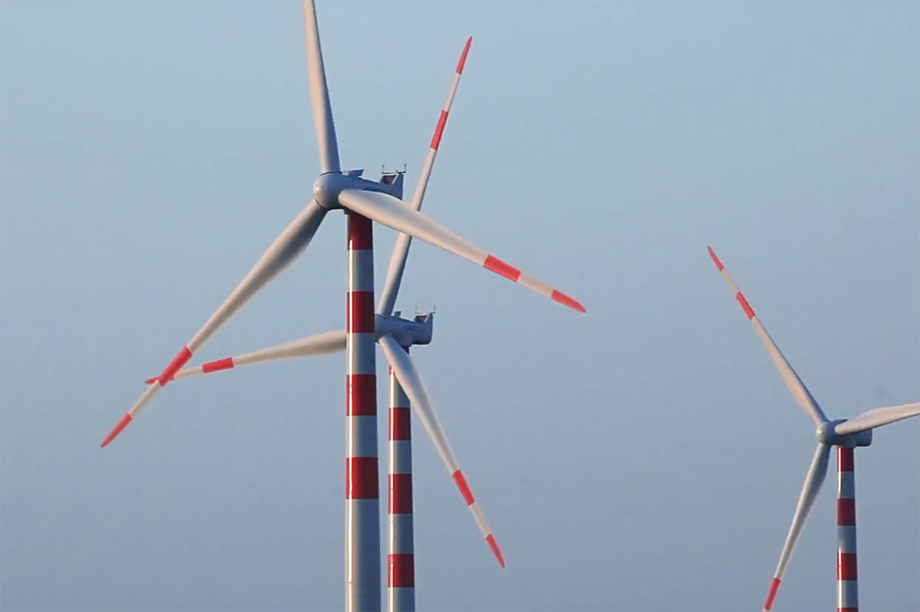The latest tender saw participation of only two developers: CLP India submitted 250.8MW and Avikiran Energy, a subsidiary of Enel, offered 300MW. Both groups entered bids of INR2,840/MWh ($39.25/MWh).
However, as per tender rules, only 80% of capacity bid into the auction can be awarded in an undersubscribed tender. This would translate to only about 440MW of capacity and would mean that Enel would be awarded roughly 189MW.
The less-than-tepid response for the tender is largely attributed to low ceiling tariffs. The winning tariff was just a shade below this round’s ceiling of INR2,850/MWh ($39.39/MWh).
Many developers have also preferred to stay away from the tender until risks related to grid and land access have been addressed.
The last federal tender (Tranche 7) for 1.2GW was also undersubscribed with only 600MW capacity bid for the tender and a final award of only 480MW at a tariff of INR2,790/MWh ($38.56/MWh).
Interestingly, India’s largest thermal power generator, National Thermal Power Corporation (NTPC), also recently released a 1.2GW wind tender with the same ceiling tariff of INR2,850/MWh (39.39/MWh).
The last date for the bid submission for tender is 16 September. Although, this tender is also likely to get lukewarm response, past results have often thrown up surprises.
As well as NTPC, the state of Maharashtra is planning to hold a 500MW tender with a ceiling tariff of INR2,950/MWh ($41.24/MWh) in order to meet its mandatory renewable purchase obligation.
After getting approval of the state regulator, the utility amended terms to allow participation of bidders from existing projects whose power purchase contracts with the utility have expired.
Past attempts by the utility to procure wind did not bear fruit as the ceiling tariff for those tenders were seen to be too low.
It needs to be seen if the relatively high ceiling tariff of the new tender, compared to the federal tender, will override the developers' perceptions related to the risks.




.png)
HR.jpeg)
.png)








